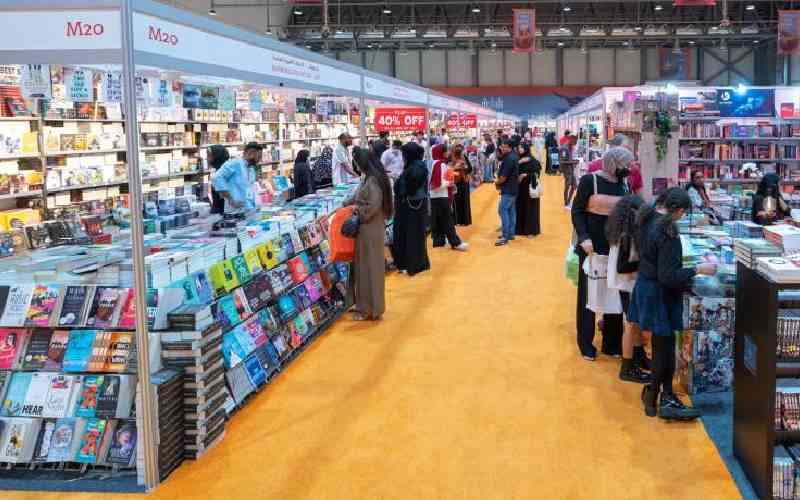×
The Standard e-Paper
Stay Informed, Even Offline

Showcasing of African literary works at this year's world's largest book fair event has seen a low representation marred by minimal attendance by African writers.
Known as the Sharjah International Book Fair, the event celebrates books, reading culture and creativity around the world, bringing together publishers, writers and collectors of rare books.